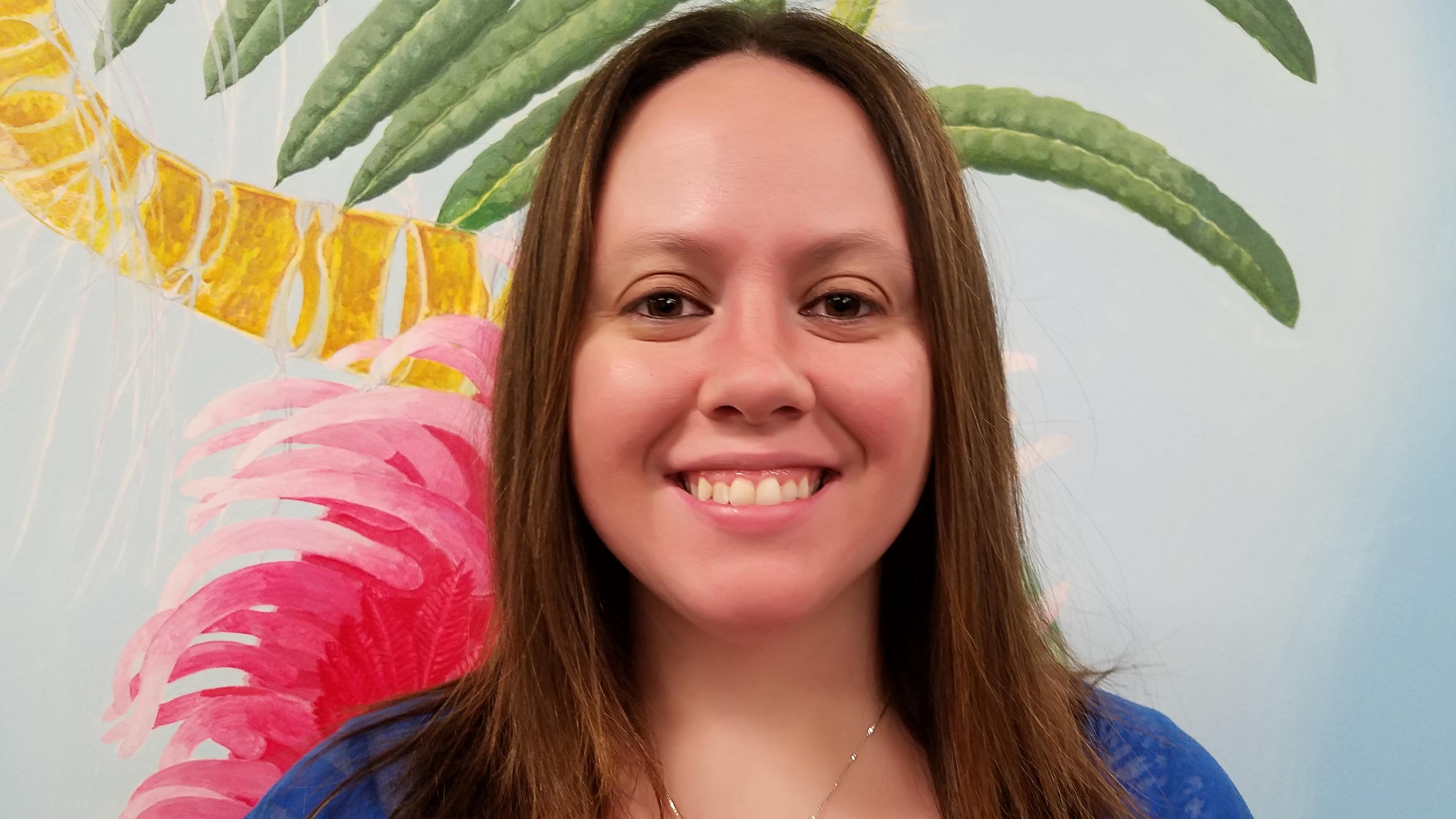Dr. Michelle Valkanas
A research project focusing on vaccine hesitancy aims to improve the communication skills of students eyeing careers in the sciences.

A research projected supported by Cal U’s Center for Undergraduate Research aims to make future scientists better communicators.
Using a timely topic — COVID-19 vaccine hesitancy — five undergraduate biology majors at Cal U are joining two graduate students from Duquesne University for the 10-week project.
The researchers are conducting an analysis of outreach in the Greater Pittsburgh area to understand what is being done to encourage vaccinations. The project will address COVID-19 vaccine concerns, using publicly available vaccination data and interviews. It will conclude with recommendations on strategies for more effective communication.
Dr. Michelle Valkanas, a molecular biology and microbiology instructor at Cal U, is co-leading the project with Dr. Kate Carter, the director of Community Science Education at the National Center for Science Education.
At the end of the research project, the students will present their findings as a poster and white paper, an informational document that highlights their results.
“The deficit model says that individuals aren’t educated about a scientific concept, and if you just explain the facts, they’ll make different decisions,” Valkanas said. “But we know that there are other factors, including personal experiences, political and religious beliefs, and culture, that require alternative methods of engagement.”
The students prepared for in-person interviews by role-playing real-world scenarios to practice finding relatable ground.
“It only takes one sentence for someone to shut down,” Valkanas said. “How do you navigate difficult topics? How do you have conversations that don’t escalate?”
Being an effective communicator is an important skill for scientists in all fields, Valkanas said.
“The biggest struggle is that the fields are so technical, and you spend the majority of your education developing those skills that you can have a difficult time having a conversation,” she said.
“Being able to regurgitate technical information doesn’t mean you understand it. I have my students take a scientific article and write it up as a regular blog with a take-home message. Some thrive at that, and others struggle. But it’s great practice for a career in science.”
For senior Divonne Franklin, a biology major interested in a career as a physician assistant, the project has been both practical and challenging.
“I wanted to participate because this project focuses on the COVID-19 vaccine and the fear and distrust of it,” she said. “Some people aren’t educated about medicine in general, and where they are getting their information, like from social media or their friends, is not legitimate.”
She also wants to improve her communication skills.
“Another reason that I wanted to participate in this is that it’s out of my comfort zone, but I know that communication is very important. I’m nervous to interview people, but I’m hoping this will improve other skills I will need for my medical career.”
“Our field needs more of this,” Valkanas said. “We need to stop speaking over people’s heads.”
